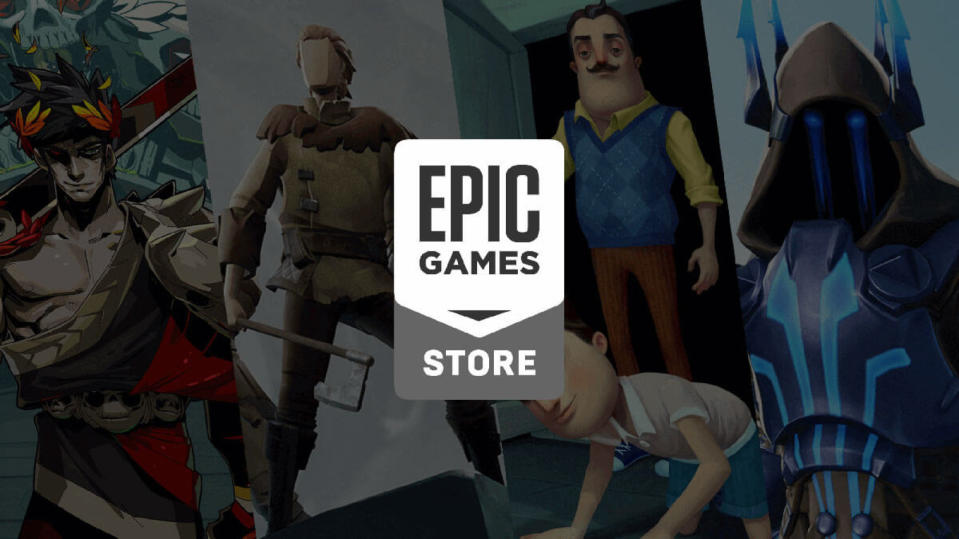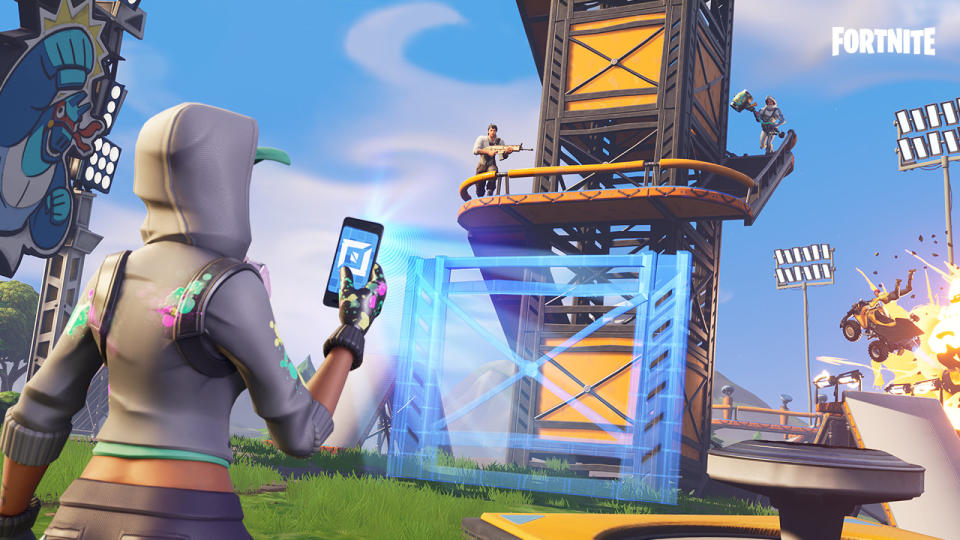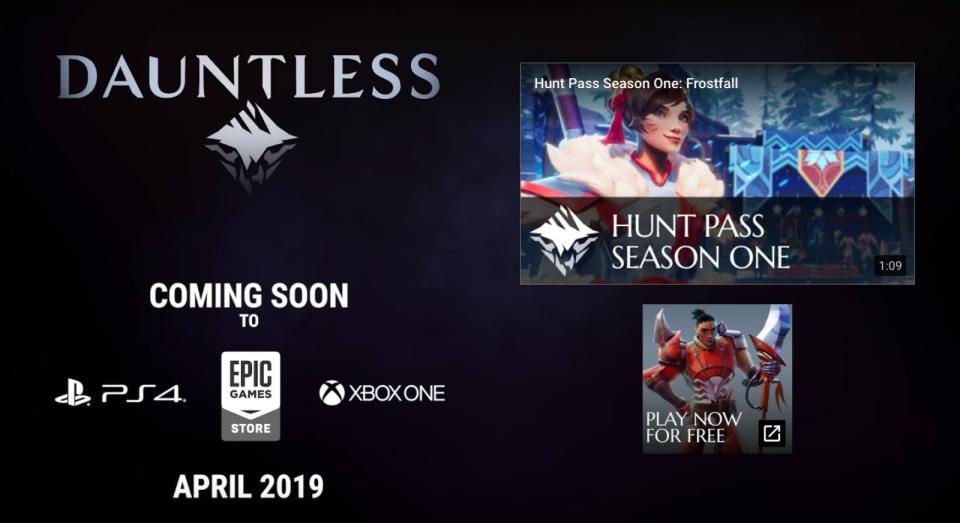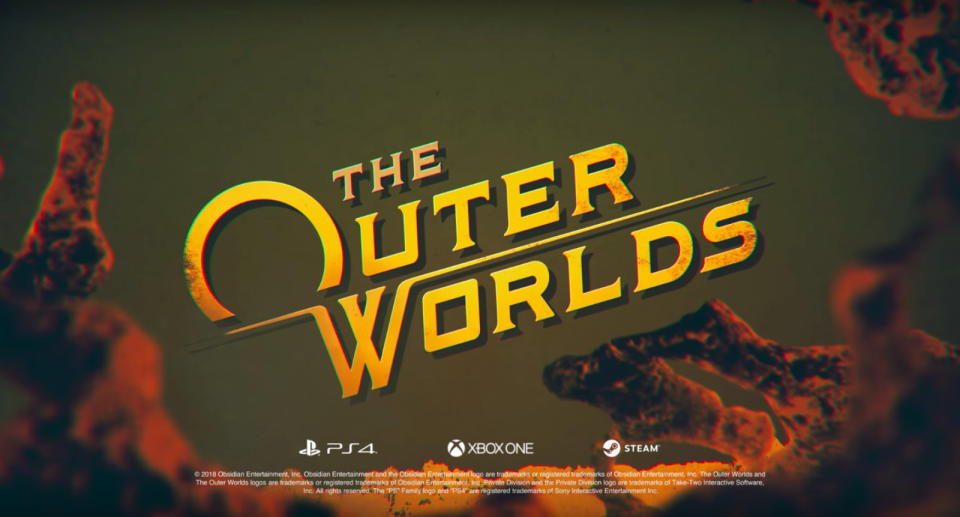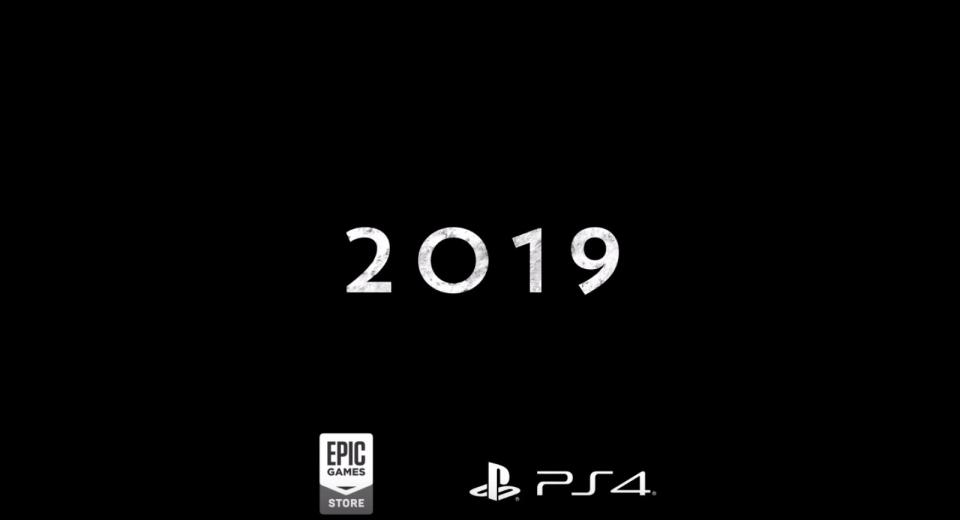The Epic Games Store is the best thing that could happen to Steam
... and the PC gaming market overall.
By the time The Game Awards cameras switched off on December 6th, after three hours of sternum-pounding concerts, raucous celebration and heartfelt speeches, the video game landscape had changed in a massive way. In the show's first hour, the studio behind Fortnite and the Unreal Engine launched its new digital marketplace, The Epic Games Store, and its simple gray-and-white logo became a consistent theme throughout the night. It seemed that every time a trailer for a new game faded to black, the Epic Games Store emblem was there.
This is a fundamental shift for the PC gaming ecosystem, which, for more than a decade, has been dominated by Steam, Valve's digital distribution hub. "Dominated" doesn't even cover it -- for years, Steam has been the only digital games store for many players, and its power over the PC market remains unparalleled.
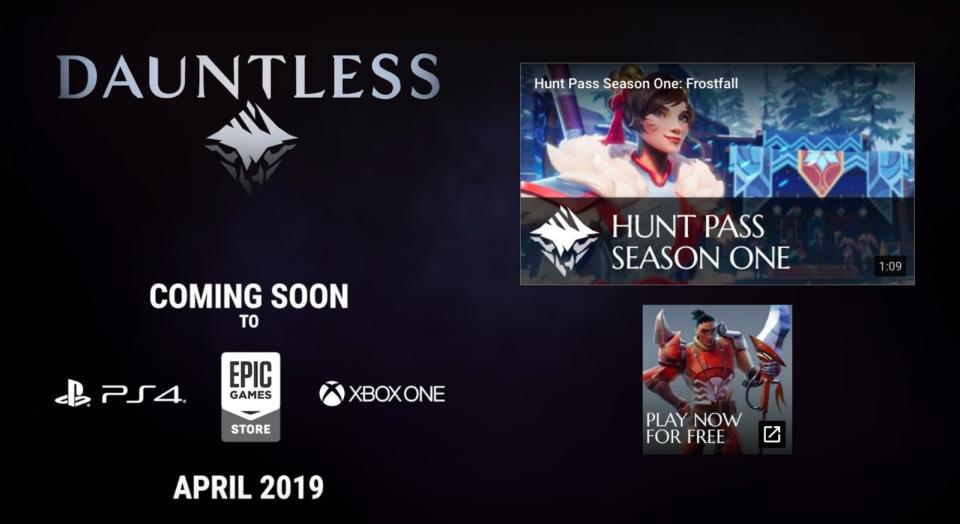
But on December 6th, the Epic Games store encroached on Steam's crown. Epic announced the marketplace just days before, complete with the promise to give developers 88 percent of all profits generated by their game sales. Compared with Steam's long-standing policy of offering developers 70 percent, the Epic Games store immediately looked like a true threat to PC gaming's powerhouse. Its surprise launch during the Game Awards, alongside all of those shiny Epic Games store logos, played out like a well-executed flank.
"I feel we'll look back on this in years to come as the start of a new era of PC gaming, and I'm proud to be a little part of it," Team Meat cofounder Tommy Refenes said. His latest game, Super Meat Boy Forever, is scheduled to hit the Epic Games store in April, and it'll be exclusive to that platform for a year. That means Steam will miss out on 365 days of potential profit for this new high-profile game.
Super Meat Boy Forever isn't the only big-name indie game heading Epic's way before Steam. Hello Neighbor: Hide and Seek, Ashen and (of course) Fortnite are all live exclusively on the Epic Game store. Journey, a legendary indie game, is coming to Epic's store after six years as a PlayStation exclusive. Hades, a surprise new title from Bastion and Transistor studio Supergiant Games, launched in early access during the Game Awards without a Steam logo in sight.

Supergiant chose Epic over Steam for its first-ever early-access experiment partly because the new store offers something new: a direct connection between online influencers and game developers. Epic's Support-A-Creator program allows developers to share revenue with Twitch streamers who send customers their way, starting at 5 percent of attributed sales.
"I want to see streamers and content creators get their dues, considering how impactful they've become in my own discovery around games," Supergiant Games writer and designer Greg Kasavin said.
All of this sounds pretty awful for Steam. On the surface, it's easy to picture Steam as an outdated, dying business hemorrhaging developers, while Epic is the hot, new company behind a billion-dollar blockbuster game. However, that's not exactly what's happening.
"The perception is I'm shitting in their cereal."
"I still have a great working relationship with Steam," Refenes said. "The perception is I'm shitting in their cereal, when in fact I told them in person that I was pushing back the release a year long before the world knew. The meeting ended with us talking about local hamburger joints and getting out of the house while having kids."
Steam has more than 125 million active users, and it's estimated to have added 7,672 games to its library in 2017. As a private company, Valve doesn't report how much cash it has stored beneath its headquarters in Bellevue, Washington, but a 2011 estimate placed its net worth somewhere between $2 billion and $4 billion. Gabe Newell, Valve's founder and CEO, is personally worth $3.9 billion, according to Forbes. Even without Steam, Valve is the wildly successful studio behind standard-setting franchises including Half-Life, Portal, Dota 2 and Team Fortress 2. During the Game Awards, a few titles were revealed and available only on Steam.
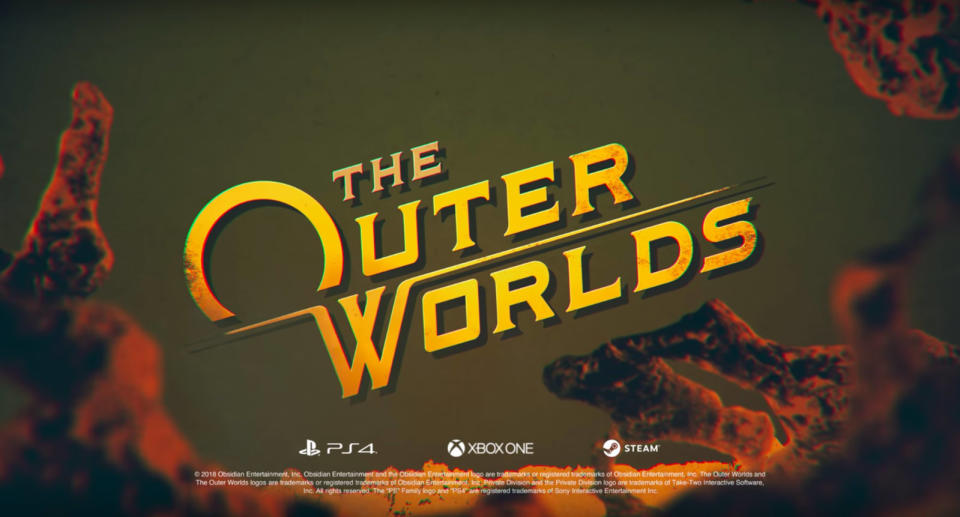
"If you were running a store without competition and you were making billions of dollars a year, how much time and energy would you dedicate to making it better?" Refenes asked. "How much money would you spend to improve the experience for everyone that uses it, if the end result is you would make the same or possibly less money? My answer is, 'The minimum amount of time, effort, and money required.'"
"It's hard not to be the best service out there when you're the only service out there."
Somewhere during the past decade, Steam became complacent. As an essential monopoly, that meant the PC gaming market stagnated according to Steam's whims. It's why developers ended up expecting a 70/30 revenue split from every digital distributor, including the App Store and Google Play, for years. It's why independent developers have banked entire careers on a Steam launch, even as the platform's continued growth has made this strategy increasingly unpredictable and unsustainable. It's why Steam has faced a growing wall of criticism over its moderation policies and community features, especially in the past year.
Before it could properly innovate, Steam needed competition. And now, with the launch of the Epic Games store, it has exactly that.
"I love Steam and I owe a good portion of my success to them and their store," Refenes said. "That doesn't mean I think Steam is perfect and has nothing to improve upon. It's hard not to be the best service out there when you're the only service out there. Yes, Humble, GOG, Itch.io, UPlay, Origin and other stores exist, but were they ever a threat to Steam? No. Did Steam ever view them as a threat? Hell no."
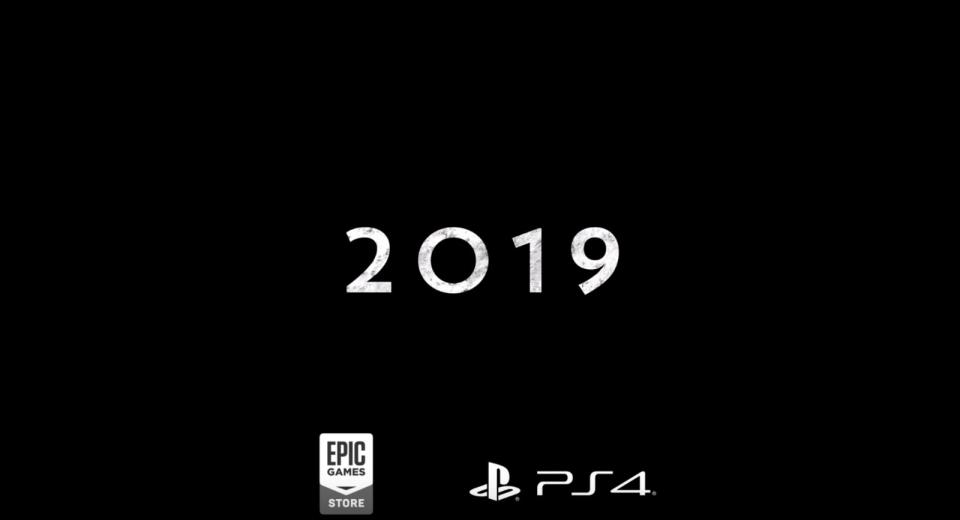
It's already working -- in an announcement suspiciously timed to go live three days before Epic revealed its store, Steam rolled out a new revenue-sharing program, though it only benefits the top tier of game creators. If a game makes more than $10 million, developers get to take home 75 percent of future revenue. Bring in over $50 million, and developers get 80 percent of subsequent earnings.
Steam's updated revenue split can't compare with Epic's, which offers 88 percent to all developers, but it's a start.
"I'm under the impression that Valve is as committed as ever to maintaining its strong position, and moreover, that Valve is exactly the sort of studio that desires having strong competition in the market," Kasavin said. His studio's new project, Hades, is in early access exclusively on the Epic Games store. "Competition is what makes us all do better. Also, I've been very excited to see Valve returning to its roots lately by committing more of its resources to developing original games, such as Artifact."
After an exodus of the writers who helped put Valve on the map as a creative powerhouse, the company has recently been hiring fresh blood, including all 12 developers out of Firewatch studio, Campo Santo. Artifact is a card-collecting game spun out of Dota 2, and it's Valve's first new title in two years (if you count 2016's The Lab, a free collection of VR minigames built for the launch of the HTC Vive).
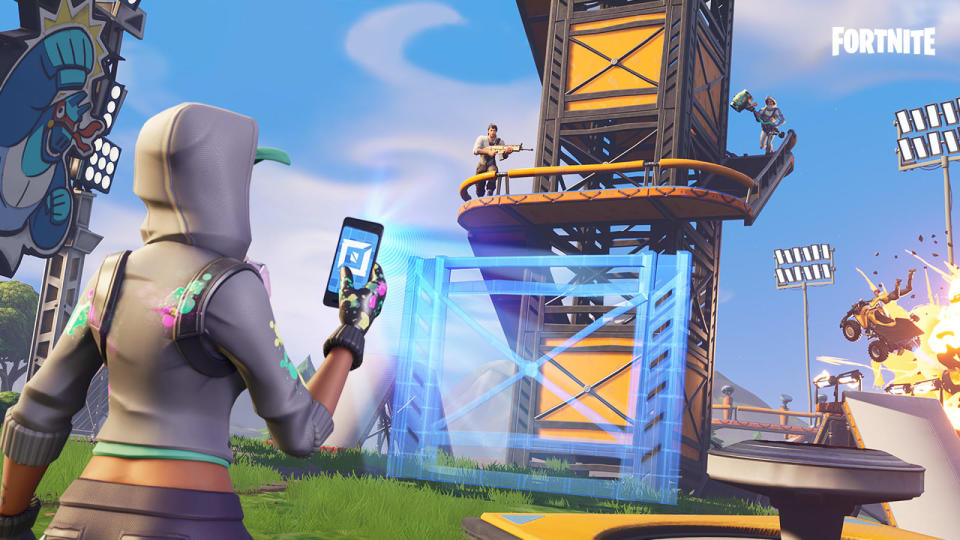
Meanwhile, Epic Games has Fortnite. The online battle royale game has exploded in mainstream popularity, generating $2 billion in 2018 alone, and helping transform Epic into an $8 billion company.
Epic Games is actually older than Valve by five years, and its engine, Unreal, is a cornerstone of modern video game development. It's the software that powers hundreds of games and franchises, including Mortal Kombat, Mass Effect, Tom Clancy, Batman: Arkham, Borderlands, Rocket League and BioShock.
"You can't walk into a Gamestop and throw a rock without hitting a game made in the Unreal Engine, so it's pretty safe to assume they are going to be around for a long time," Refenes said. "Just with the Unreal Engine alone, Epic is as important to the gaming industry as Valve is. So right there you have a solid foundation to build a store on."
"What happens when the Epic Games Store gets its footing?"
This month's Valve-Epic rivalry isn't a matter of life or death for either company. The Epic Games store can't cannibalize Steam with a few exclusives, and Steam can't stop Epic from snagging new games by offering a better revenue share. Both companies are bigger than their launchers: Steam is the sole proprietor of a handful of illustrious franchises, plus it's dabbling in hardware development and VR, while Epic has the Unreal Engine and Fortnite. This is a battle between two multi-billion-dollar companies. However it shakes out, they'll both likely be fine.
But, with billions behind it, the Epic Games store represents the first real competition for Steam in more than a decade, and that means PC gaming is about to change in a major way.
"Competition is good, but the PC market has no competition. There is only Steam," Refenes said. "But what happens when the Epic Games store gets its footing and grows into a PC marketplace powerhouse? What would that force Steam to do? It would force them to improve. Then that would, in turn, force Epic to improve, and then you have two large companies fighting to retain customers and developers. That's going to motivate innovation. That is a healthy marketplace, and that is good for everyone."


